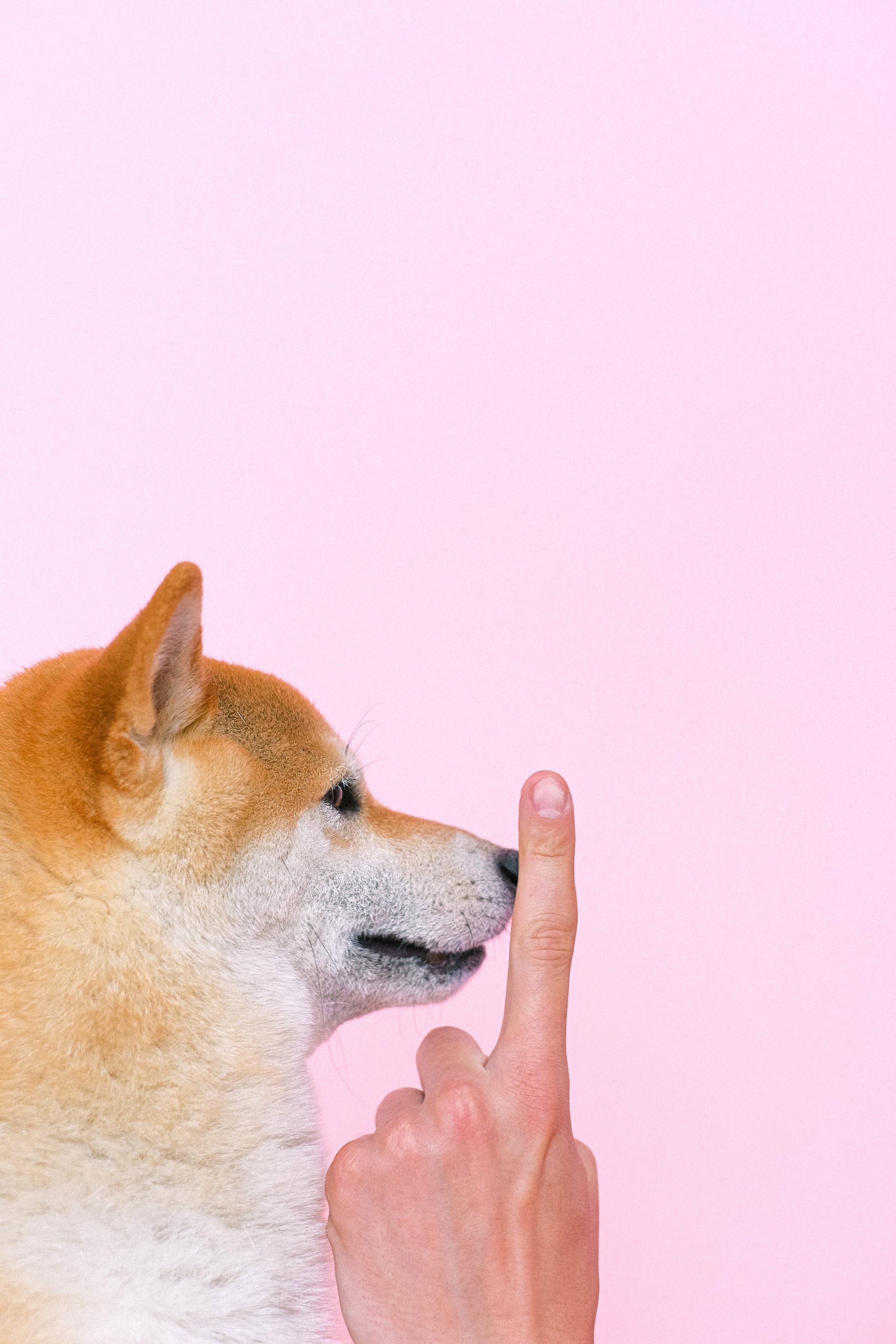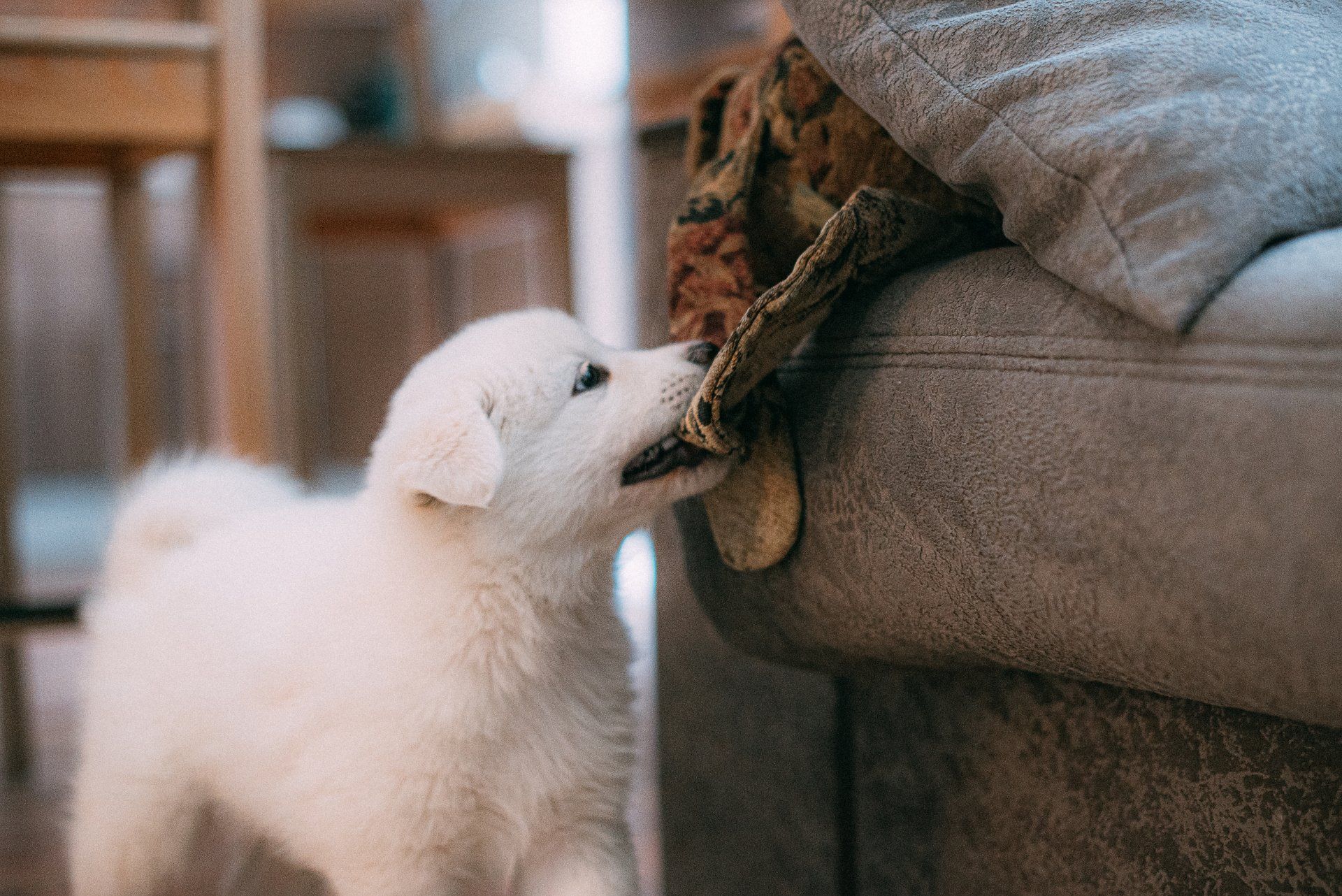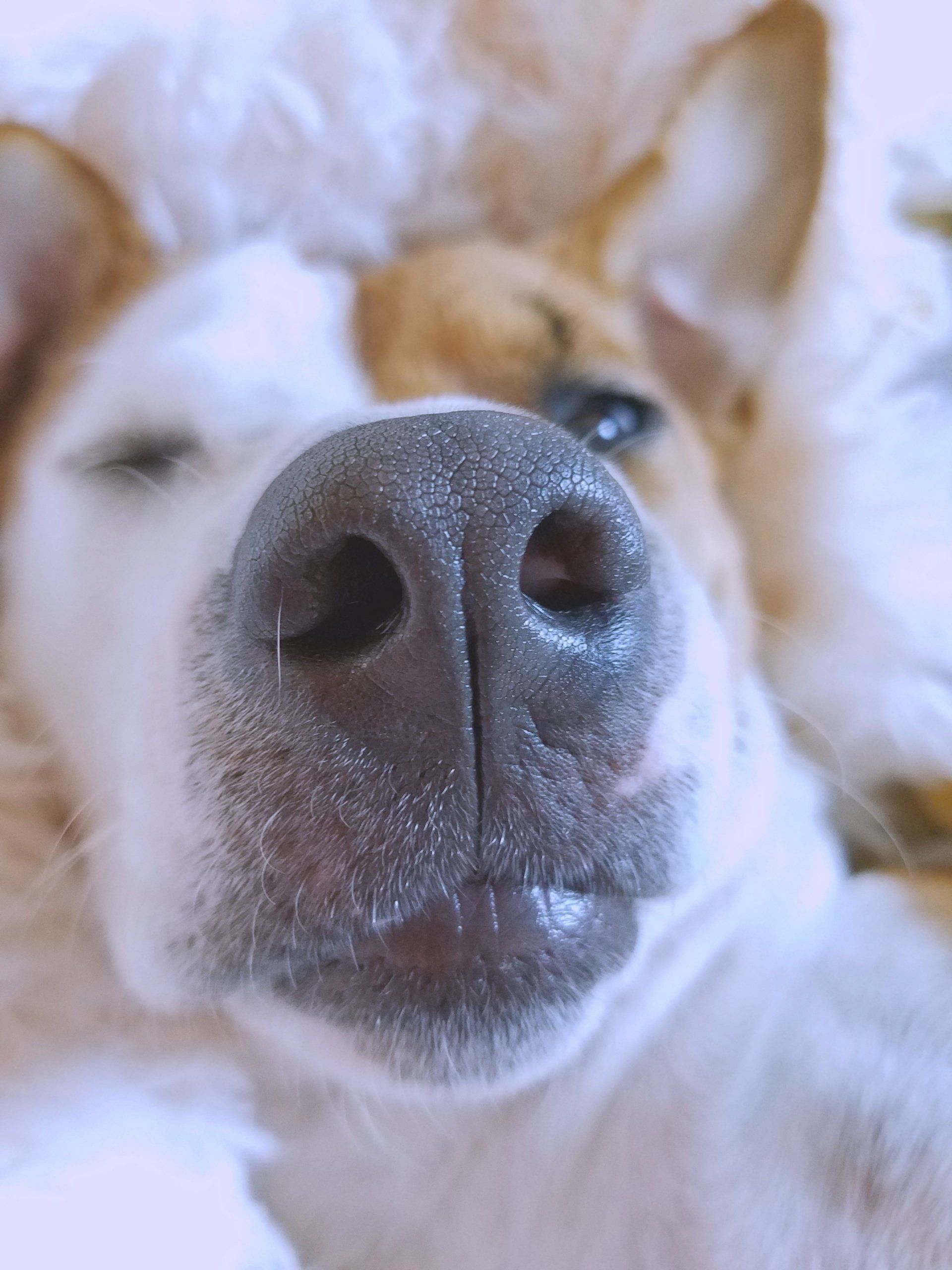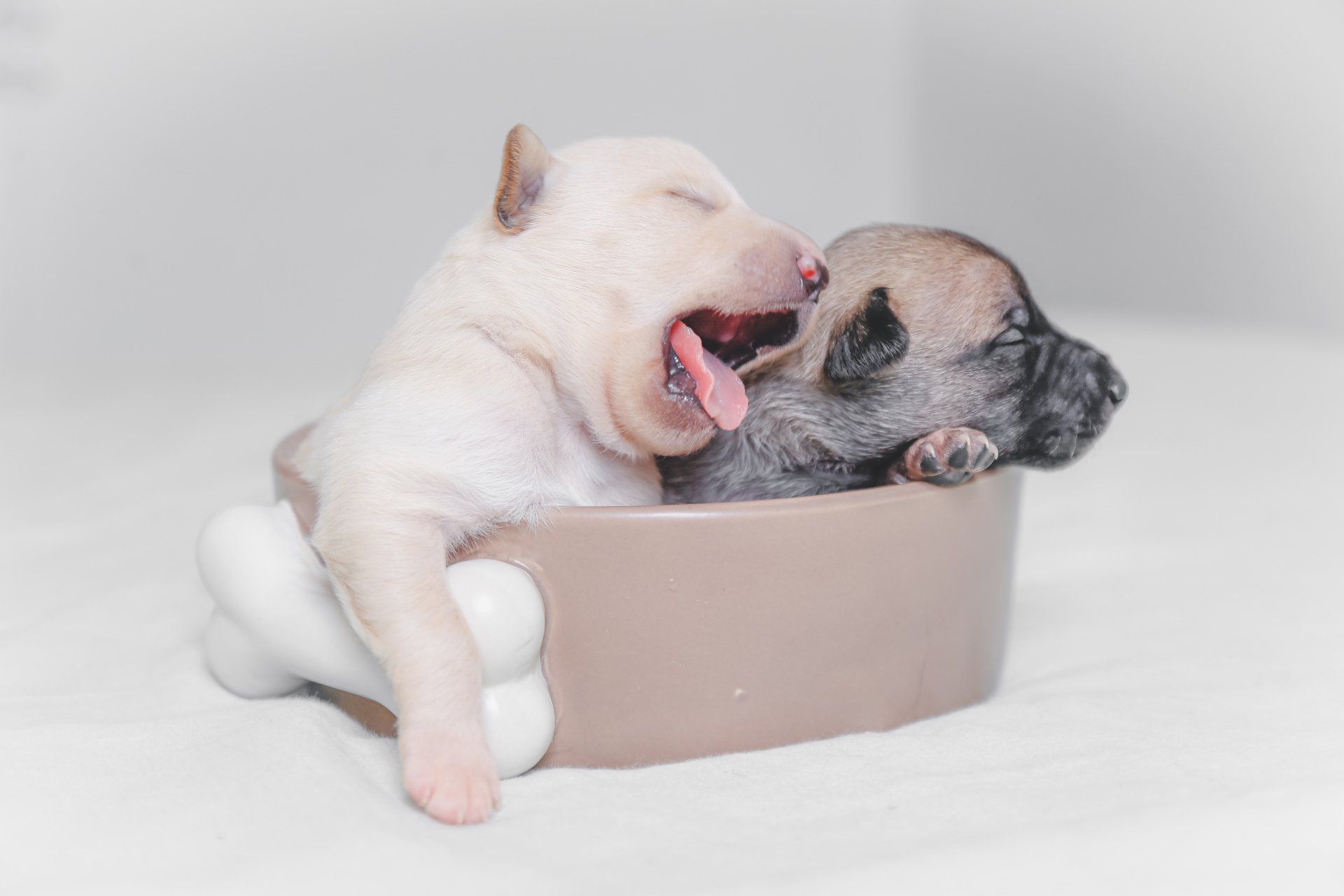Blog

By Michelle Samuels
•
July 28, 2023
Welcome, Fourways dog owners! As pet lovers, we all understand the joy and companionship that our furry friends bring into our lives. Our canine companions provide us with unconditional love, endless entertainment, and unwavering loyalty. However, to ensure a harmonious relationship and a well-rounded dog, obedience training is of utmost importance. In this blog post, we will explore the significance of obedience training for dogs and how it can transform your furry friend into a disciplined, well-behaved, and happy companion. Building the Bond: Obedience training is not just about teaching your dog a few tricks; it's a fundamental aspect of bonding with your canine companion. As pack animals, dogs crave leadership and structure. Through obedience training, you establish yourself as the pack leader, which strengthens the bond between you and your dog. Your furry friend will come to respect and trust you, leading to a more fulfilling relationship. Communication is Key: You might have noticed that your dog often struggles to understand what you want from them. Obedience training facilitates effective communication between you and your pet. Your furry friend learns to recognize verbal cues, hand signals, and even your body language. This enhanced communication allows for better cooperation and understanding, making daily interactions smoother and more enjoyable. Ensuring Safety: Fourways is a bustling suburb with plenty of parks and recreational areas where you can take your dog for a walk. However, without proper obedience training, walking your dog might become a nightmare. A well-trained dog will obey commands like "heel" and "stay," ensuring a safe and enjoyable walk for both you and your canine. This reduces the risk of accidents, potential injuries, and keeps your dog from running into dangerous situations. Socialization Skills: Living in Fourways means your dog will encounter various other dogs and people regularly. Obedience training plays a crucial role in developing your dog's socialization skills. A well-socialized dog is more confident, friendly, and less likely to display aggressive behaviour towards other animals or people. By exposing your dog to different situations and teaching them how to respond appropriately, you can foster a well-adjusted and happy pet. Stress Reduction: Like humans, dogs can experience stress and anxiety. Obedience training can help alleviate their anxiety by providing a sense of structure and predictability in their lives. When your dog knows what is expected of them and receives positive reinforcement for good behaviour, they feel more secure and confident. This, in turn, can lead to a happier and healthier pet. Preventing Behavioural Issues: Behavioural problems can arise when dogs lack proper training and discipline. These issues may include excessive barking, destructive chewing, and even aggression. Obedience training nips such problems in the bud. By teaching your dog appropriate behaviour and establishing boundaries, you can prevent or correct behavioural issues before they escalate. A Boost to Mental Stimulation: Dogs are intelligent creatures that thrive on mental stimulation. Obedience training provides mental exercise, keeping your dog engaged and mentally active. This prevents boredom, which is a common cause of destructive behaviours in dogs. A mentally stimulated dog is a happy dog, and obedience training is an excellent way to achieve this. Confidence Building: As your dog learns new commands and successfully follows them, their confidence grows. This newfound confidence spills over into other areas of their life, making them more self-assured and less fearful in various situations. A confident dog is more likely to handle new experiences and challenges with ease, contributing to their overall well-being. Fostering a Positive Community: As responsible dog owners in Fourways, we have a shared responsibility to ensure that our pets are well-behaved members of the community. Obedience training not only benefits your dog, but also contributes to a more positive and harmonious environment for everyone. By having well-trained dogs, we can create a community where dogs and their owners can interact safely and joyfully. Obedience training is a gift you give to your furry companion and yourself. It strengthens your bond, enhances communication, and lays the foundation for a well-behaved, confident, and happy dog. In Fourways, where there are ample opportunities for outdoor activities, having a well-trained dog can significantly improve your overall experience as a dog owner. So, why wait? Embark on this rewarding journey of obedience training with your beloved pet. Seek out professional trainers or attend obedience classes to get started. Remember, with patience, consistency, and positive reinforcement, your canine friend will soon blossom into the best version of themselves - a true joy to be around, both at home and in the vibrant community of Fourways.

By Michelle Samuels
•
July 13, 2023
Bringing home a new puppy is an exciting and heartwarming experience. Their playful antics and endless enthusiasm can quickly melt your heart. However, one common behaviour that might take you by surprise is their tendency to nibble or playfully bite. While it's a natural part of their development, puppy biting can become a concern if not addressed properly. In this blog, we'll explore what's normal when it comes to puppy biting, when it becomes a cause for concern, and most importantly, how to effectively curb this behaviour while maintaining a loving and nurturing relationship with your furry friend. Normal Puppy Biting Behaviour Puppies explore the world with their mouths, just like human babies do with their hands. Biting and mouthing are instinctual behaviours for dogs, and it's entirely normal during their early stages of life. Puppies use their mouths to interact with their environment, understand textures, and play with littermates. When puppies play with each other, they often engage in gentle mouthing, helping them learn social cues and bite inhibition. When Does Puppy Biting Become a Problem? While puppy biting is a natural behaviour, it's essential to differentiate between playful mouthing and aggressive biting. Normal puppy biting is usually gentle and accompanied by soft nips. However, it can become problematic if your puppy: Bites too hard: If your puppy's nips start to hurt or break the skin, it's a sign that they need to learn proper bite inhibition. Shows signs of aggression: Snarling, growling, and lunging are signs of aggression and should be addressed promptly. Doesn't respond to redirection: If your puppy doesn't respond to attempts to redirect their biting onto toys or stops, it may indicate a lack of bite inhibition. Understanding Bite Inhibition Bite inhibition is a crucial skill that puppies learn during their early interactions with their littermates and mother. It refers to a dog's ability to control the force of their bite, preventing any harm during play or accidental contact. Puppies that receive proper bite inhibition training are less likely to cause harm when they grow into adult dogs. If a puppy is removed from their litter too early, they might not learn this crucial skill, leading to more severe biting problems in the future. How to Curb Puppy Biting Now that we understand the importance of bite inhibition and when puppy biting becomes problematic, let's explore some effective ways to curb this behaviour: Socialization and Playtime: Encourage regular socialization and playtime with other puppies and well-behaved adult dogs. When puppies interact with each other, they learn valuable communication skills and bite inhibition through gentle play. If you don't have access to other dogs, supervised playdates with friendly, vaccinated dogs in a controlled environment can be beneficial. Positive Reinforcement: Positive reinforcement is a powerful tool in puppy training. Reward your puppy when they exhibit gentle play behaviour, such as licking or nibbling softly. Use treats, praise, and affection to reinforce good behaviour and let them know that gentle play is encouraged. Redirect Biting: When your puppy starts biting too hard during play or mouthing inappropriately, redirect their attention to appropriate chew toys or interactive puzzles. This not only teaches them what's acceptable to bite but also satisfies their natural chewing instincts. Time-outs: If your puppy becomes overly excited and biting persists, consider using time-outs to give them a chance to calm down. Leave the room briefly, denying them the attention they seek. Repeated time-outs can help them understand that biting leads to the end of playtime. Consistency and Patience: Consistency is key in puppy training. Everyone in the household should follow the same rules and techniques to ensure your puppy receives clear and consistent messages. Be patient with your furry friend, as curbing puppy biting takes time and perseverance. Seek Professional Help if Needed: If your puppy's biting behaviour escalates or becomes concerning, don't hesitate to seek the assistance of a professional dog trainer or behaviourist. They can assess the situation, provide personalized guidance, and address any underlying issues contributing to the behaviour. Puppy biting is a natural behaviour that puppies use to explore their world and interact with their littermates. While it's a normal part of their development, it's essential to differentiate between gentle mouthing and problematic biting. Encouraging bite inhibition through socialization, positive reinforcement, and redirecting biting to appropriate toys are effective ways to curb this behaviour. Remember to be patient and consistent in your training efforts, as each puppy learns at their own pace. With time, patience, and understanding, you can help your furry companion develop into a well-mannered and gentle adult dog, fostering a loving and joyful relationship for years to come.

